I read this book after the How To Do Nothing book, and it actually fit in quite nicely. This is a beautiful story of a young woman who raises herself, without parents, siblings, or friends, on the Carolina coast. All she does is pay attention and appreciate everything that is around her. With the help […]
Year Read: 2020
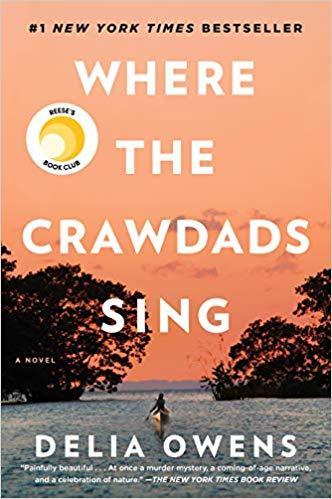
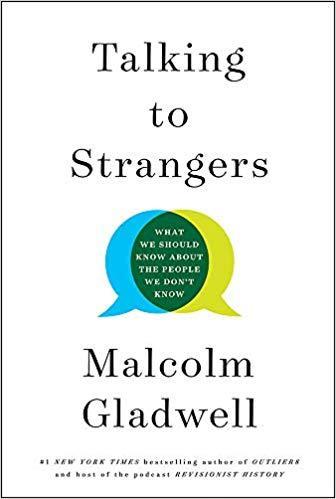
Talking to Strangers
Malcolm Gladwell
2019
Read: 2020
Non-Fiction
In recent months, I have become a fan of podcasts. I have a long commute so I enjoy getting to listen to them on the way to or from work. They’re usually about 20 minutes in length so I can listen to one or two on my drive. This latest “book” from Malcom Gladwell has […]
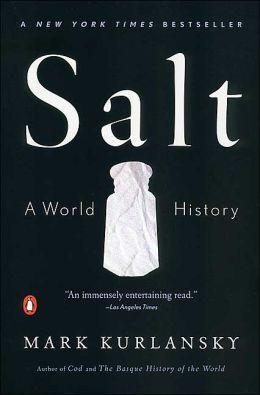
Salt: A World History
Matt Kurlansky
2003
Read: 2020
Cooking, Non-Fiction
I saw this book in the airport bookstore, and bought it for my Kindle. I love reading on my Kindle, as I can always go back to the book, I carry it with me at all times, and I can take my notes from the book and my highlights from the book and upload them […]
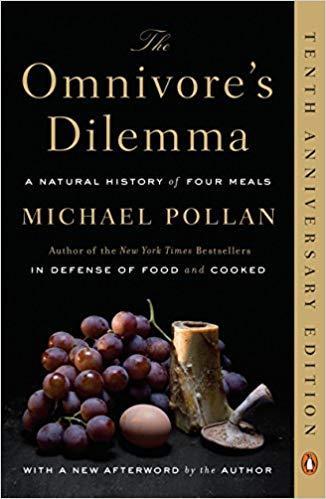
The Omnivore’s Dilemma: A Natural History of Four Meals
Michael Pollan
2007
Read: 2020
Non-Fiction
If you have looked at my book list before, you have seen a lot of books on the art of cooking and grilling and smoking. I am certainly an omnivore. My wife is a pescatarian, but the rest of the family are omnivores. The Omnivore’s Dilemma is written by a carnivore who seeks to learn […]
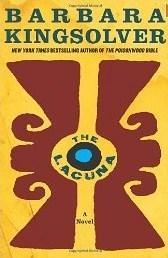
The Lacuna
Barbara Kingsolver
2009
Read: 2020
Fiction
I don’t get a chance to read much non-fiction, but when I do, there’s not much better than a Barbara Kingsolver novel. My wife read this one for her book club and I jumped on it once I heard it was Barbara Kingsolver. It’s a fantastic book set in the first half of the 20th […]
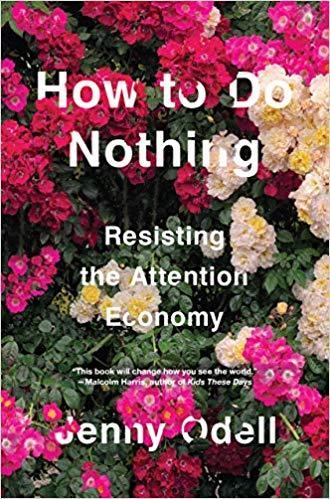
How to Do Nothing: Resisting the Attention Economy
Jenny Odell
2019
Read: 2020
Non-Fiction
I can’t remember how I came across this book, but I’m glad I did. This is a very intellectual book that combines economics with art, literature, poetry and more. I think I understood the majority of it, but it will take a second read for me to get it all. The author’s main point is […]
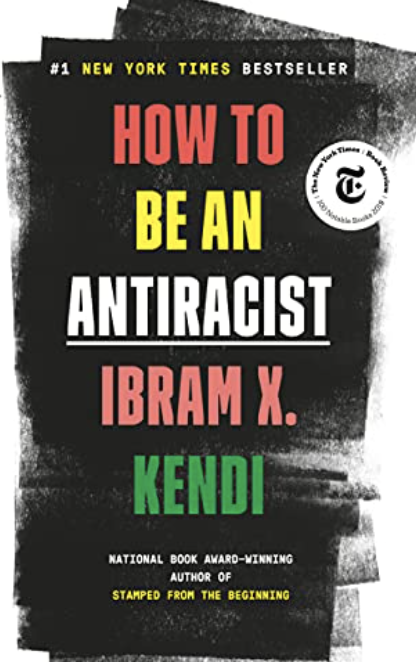
How to be an Antiracist
Ibram X. Kendi
2019
Read: 2020
Non-Fiction
As the George Floyd protests rated in 2020, I made a commitment to read and learn more about how to address racism in our country. In terms of their impact on me, the two most influential books I read were this one and Caste, by Isabel Wilkerson. The premise of Mr. Kendi’s book is simple: Not […]
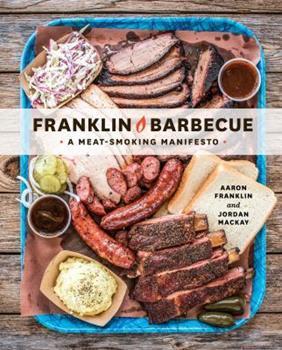
Franklin Barbecue: A Meat-Smoking Manifesto
Aaron Franklin and Jordan Mackay
2015
Read: 2020
Cooking, Non-Fiction
Some of you who know me know that I love to cook, and I love to barbecue on my Big Green Egg. Whenever I go to any place in the south, and lots of places in Los Angeles as well, I try to find great barbecue. There’s great barbecue in Arkansas where I grew up, […]
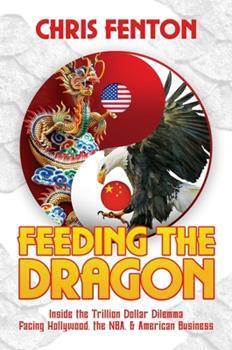
Feeding the Dragon: Inside the Trillion Dollar Dilemma Facing Hollywood, the NBA, & American Business
Chris Fenton
2020
Read: 2020
Non-Fiction
It’s always nice to gain insight on people you already know from a book that they write and publish. Chris and Jen Fenton live right here in Manhattan Beach, and it was great to read Chris’s description of American businesses trying to work in and with China over the past decade. Filled with personal anecdotes, […]
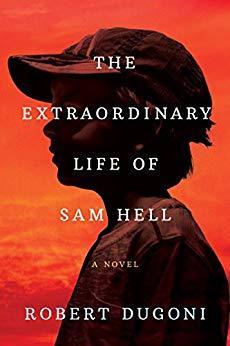
The Extraordinary Life of Sam Hell
Robert Dugoni
2018
Read: 2020
Fiction
This book combines some classic underdog stories in the setting of a traditional Catholic school education. I was reminded several times of some of the stories from my own Catholic school education, and I loved all of the reminiscences. It’s a great tale of parenting, discrimination, and coming of age, and the author ties it […]
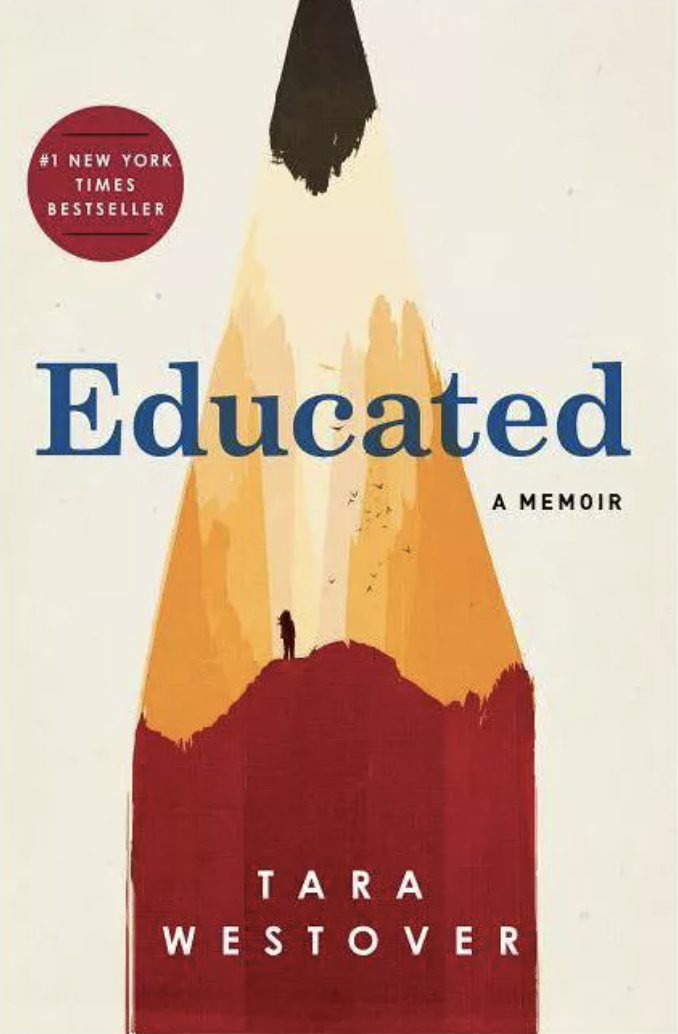
Educated: A Memoir
Tara Westover
2018
Read: 2020
Education/Leadership, Non-Fiction
This is a book that has been on the best-seller list for a while, and I saw it in a friend’s house that I was visiting for a few days, picked it up, and read it. It’s a super quick read, mostly because you just can’t put it down. It is the true story of […]